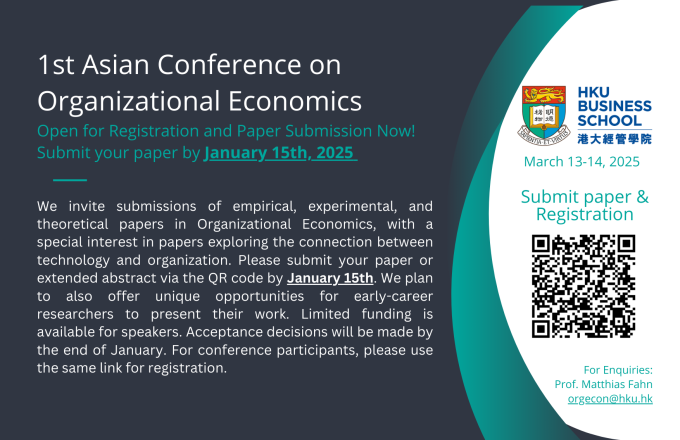U.S.-China Tension
Prof. Bo Sun
Associate Professor of Business Administration
Darden School of Business
University of Virginia
We construct a quantitative indicator of tension between the U.S. and China using news-based textual analysis and examine its economic transmission. Our U.S.-China Tension index rises notably around the Belgrade embassy bombing in 1999, spy plane standoff in 2001, Tibet unrest and China military buildup in 2008, the arrest of a Huawei executive in 2018, sustained trade disputes in 2018-2019, mutual blaming over the spread of coronavirus, and war in Ukraine. We validate our index by showing that it (i) closely tracks the share of related discussions in U.S. firms’ earnings conference calls, (ii) mirrors the countries’ disagreement in voting at the United Nations, (iii) correlates with U.S. corporate investment in ways that are highly indicative of rising tensions, and (iv) is priced in the cross-section of U.S. stock returns in ways consistent with the standard intuition in the capital asset pricing theory. We then show that elevated tension transmits negatively to aggregate data. Decomposing our index into a component reflecting actions that disrupt bilateral transactions and a component driven by surrounding uncertainty, we find that transmission primarily operates through the uncertainty channel, though both are important. Finally, U.S.-China tension has sizable negative effects on trade between the two countries and affects third countries via trade diversion.












